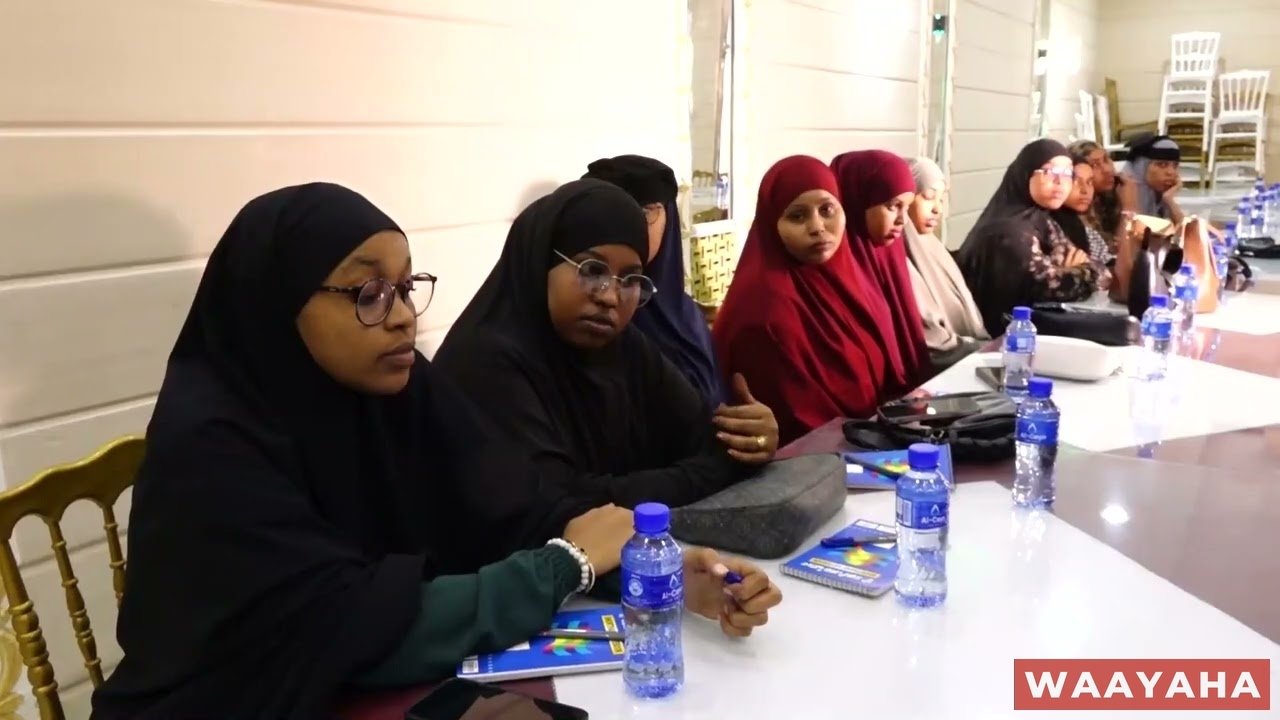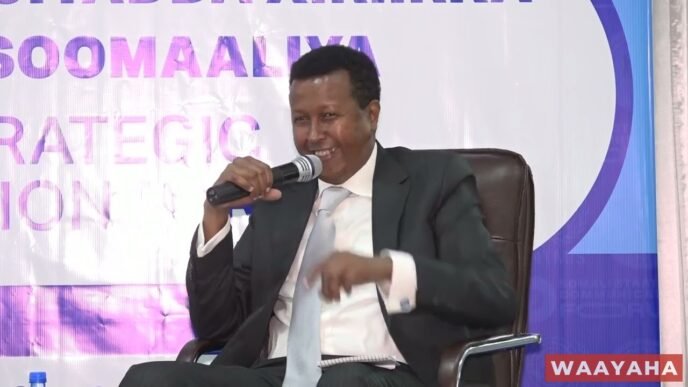In the bustling city of Mogadishu, a groundbreaking event took place, shedding light on the urgent need to eradicate the harmful practice of female genital mutilation (FGM) in Somalia. Organized by the Farax Foundation, the gathering brought together religious scholars, youth activists, and professionals from diverse backgrounds, united in their commitment to protecting the rights and well-being of Somali girls and women.
FGM, a deeply entrenched cultural tradition in Somalia, has long been a source of immense physical and psychological trauma for countless females. The practice involves the partial or total removal of external female genitalia for non-medical reasons, often performed under unsanitary conditions and without anesthesia. The consequences are devastating, ranging from severe pain and bleeding to lifelong complications, including infections, infertility, and even death.
During the event, prominent religious scholars, including Sharif Ibrahim Abdullahi Ali and Bashir Ali Ahmed, took the stage to address the Islamic perspective on FGM. They emphasized the inherent dignity and sanctity of every human being, particularly Muslim women, who are considered equal partners in the faith. The scholars condemned the practice as a violation of Islamic principles, which forbid causing harm to oneself or others.
“In Islam, a Muslim woman is a daughter of Adam, a sister to all,” Sharif Ibrahim Abdullahi Ali declared. “To mutilate her body, endanger her life, and jeopardize her future is an unacceptable sin. This is a grave transgression, and I cannot condone it.”
The event also featured powerful testimonies from survivors of FGM, who shared their harrowing experiences and the lasting physical and emotional scars they bear. Their stories served as a poignant reminder of the urgent need for action and the importance of raising awareness within communities.
One young activist, who wished to remain anonymous, passionately advocated for a multifaceted approach to combating FGM. “We must intensify awareness campaigns, conduct health education workshops in all neighborhoods, and reach out to both the current and upcoming generations,” she urged. “It is crucial to address the root causes of this harmful practice and provide comprehensive support to those affected.”
The event also highlighted the significant progress made in recent years, as concerted efforts by civil society organizations, healthcare professionals, and government initiatives have contributed to a decline in FGM rates in Somalia. However, much work remains to be done, as the practice persists in some communities, often driven by deeply ingrained cultural beliefs and societal pressures.
Experts at the event emphasized the need for a holistic approach, combining legal reforms, educational campaigns, and community engagement to shift societal attitudes and empower women and girls to stand up against this violation of their fundamental rights.
As the event drew to a close, a resounding call to action echoed through the halls, urging all members of society to join the fight against FGM. Religious leaders pledged to continue spreading awareness and challenging harmful misconceptions, while medical professionals vowed to provide comprehensive care and support to survivors. Youth activists, brimming with determination, vowed to be the voices of change, carrying the message of bodily autonomy and respect for human rights to every corner of the nation.
The path ahead is long and arduous, but the commitment and resolve displayed at this event in Mogadishu serve as a beacon of hope, illuminating the way towards a future where every Somali girl can grow up free from the fear and trauma of FGM, embracing her inherent dignity and pursuing her dreams without constraint.













